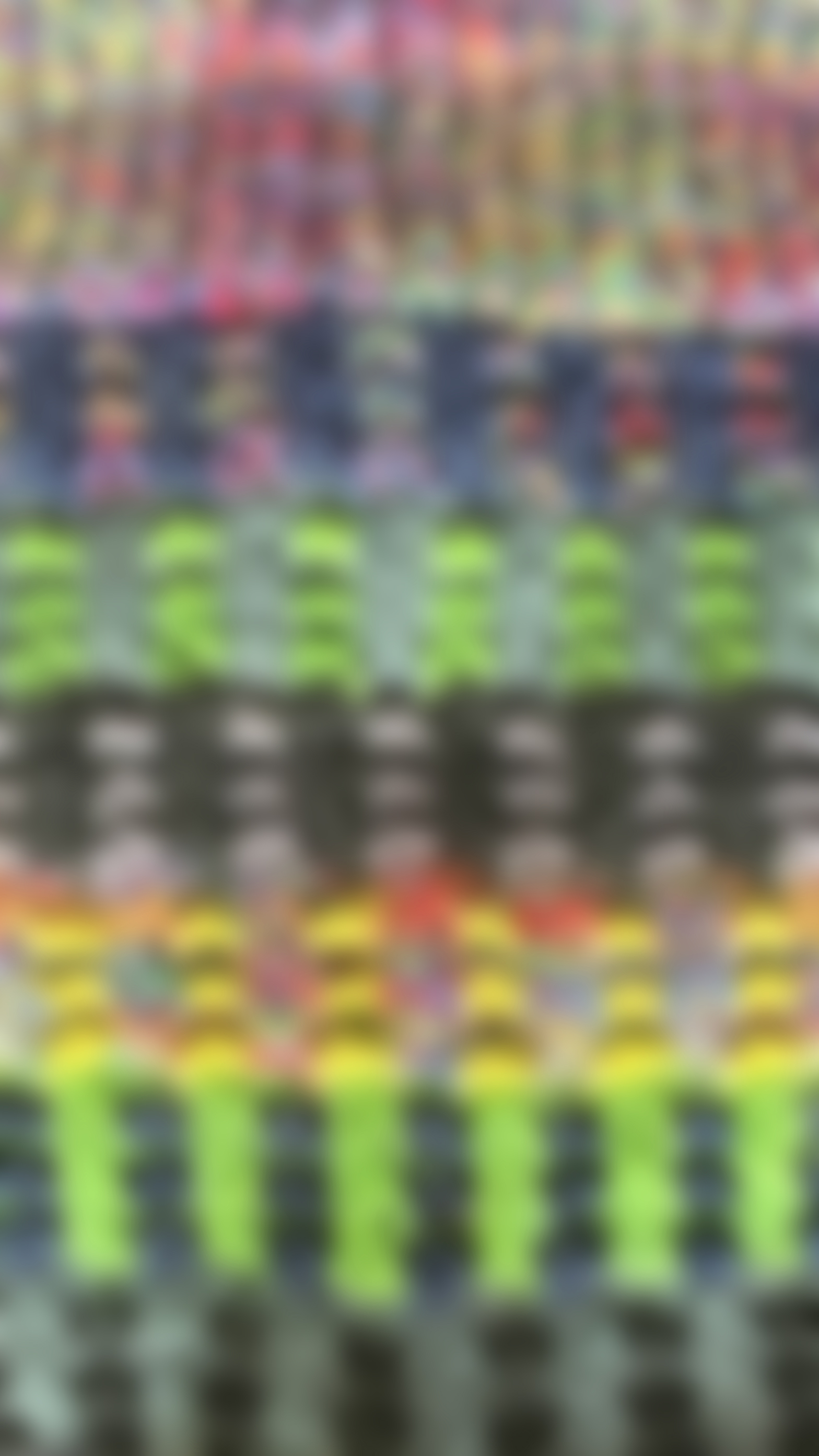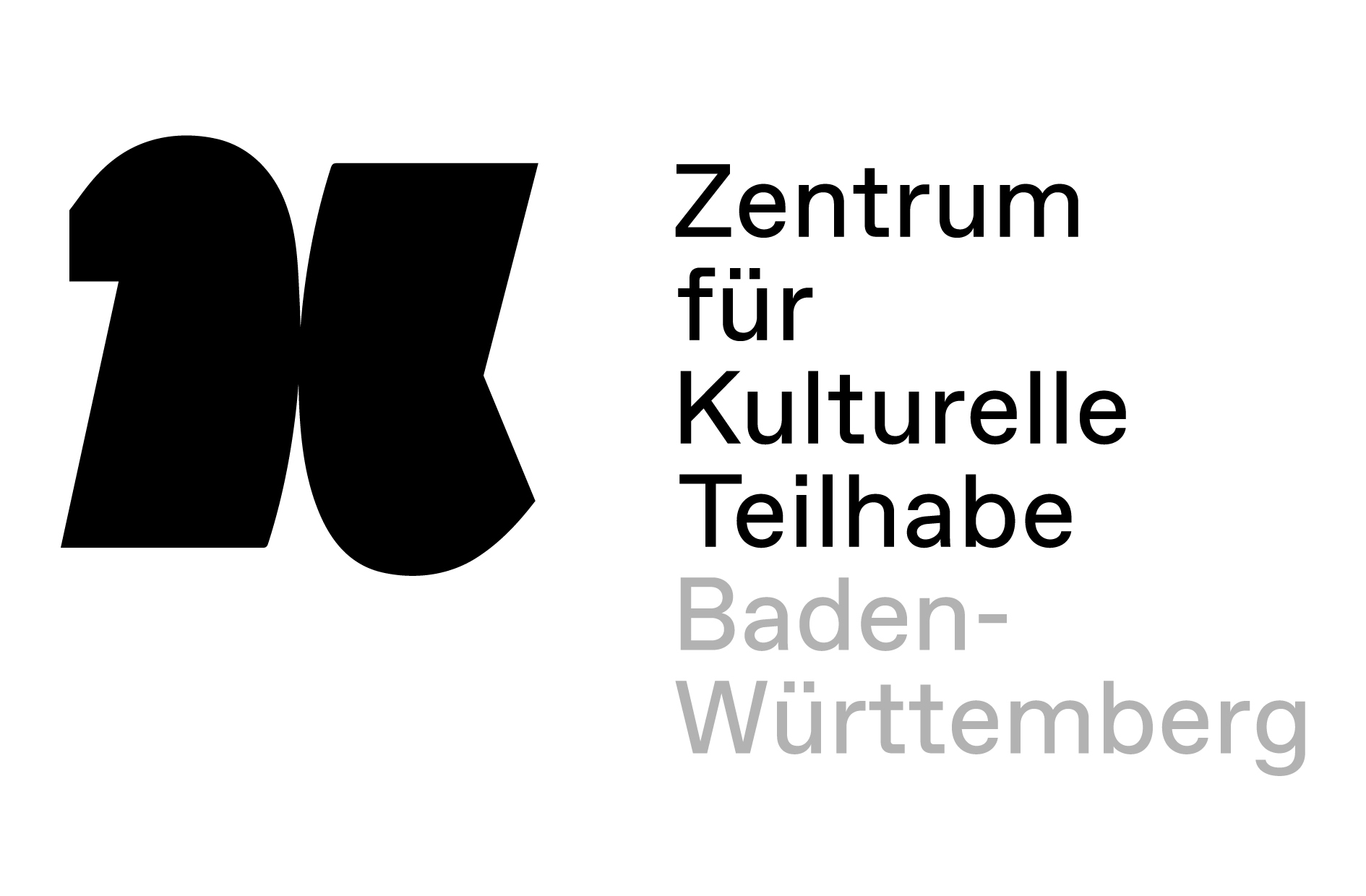
Artists:
Hannah Cooke, Ines Doleschal, Maternal Fantasies, Anna Gohmert, Hannah Kindler, Renate Liebel, Marie Lienhard, Milena Naef, Jana Rot und Lerato Shadi
Curated by
Sascia Bailer & Didem Yazici
Opening
on Friday, 15 November 2024 at 5:30 PM with:
A welcome by “Mothers*, Warriors, and Poets”
A reading by Slata Roschal (Other Writers) with excerpts from the anthology “other writers need to concentrate”
The launch of the fanzine “Mother* Tongue Summit”
Artistic-culinary magic by “Matriarchale Volksküche”
Many of the exhibiting artists will be present.
Guided tour
on Tuesday, 19 November 2024 at 5:30 PM with Anna Gohmert (Mothers*, Warriors, and Poets)
Opening hours:
Friday, 15. 11. 2024, 17.30 – 21.30 (opening)
Saturday, 16. 11. 2024, only on request
Sunday, 17. 11. 2024, 11 AM – 2 PM
Monday, 18. 11. 2024, closed
Tuesday, 19. 11. 2024, 4 – 7 PM
Wednesday, 20. 11. 2024, 4 – 7 PM
Thursday, 21. 11. 2024, 4 – 7 PM
Friday, 22. 11. 2024, 4 – 5:30 PM
Saturday 23. 11. 2024, 1 – 4 PM
To become a mother* or to be an artist, has for long been considered an either-or-question. In a society, where equal rights are inscribed into constitutions, the art field remains one of manifold exclusions and strong-headed stereotypes that attribute geniality primarily to male artists, who, in the public imaginary, produces his art in the quiet absence of children. The biases here are real: among the top ten most successful artists of 2023, only two are women, and none have children. In contrast, nine of the top ten male artists collectively have 32 children. This disparity suggests that, even today, motherhood* is perceived as incompatible with artistic success, unlike fatherhood*.
The frustrations with this system have spurred action, leading caregivers, artists, and activists to collectivize for change. Through various regional networks, they seek recognition both as mothers* and as cultural workers. They advocate for inclusive structures that enable participation in the cultural sector under fair and sustainable conditions.
On the Horizon: Care is a discursive exhibition that gathers works from artists who challenge these biases. These artists, whether working in collective constellations or as individuals, interrogate the present-day inequities, invisibilities, and exhaustion in caregiving, while striving towards a future where care is fully realized. The exhibition accompanies the first nationwide networking meeting “Arts & Care Assembly” in GEDOK Stuttgart e.V. and challenges gendered caregiving norms. The show opens up space for the internal tensions and contradictions around care, motherhood*, and maintenance labor – thereby queering motherhood*, challenging mechanisms of structural exclusions, confronting data gaps, and expressing the fragility of care, the weight of exhaustion and the anger of the invisibility of this labor. These works offer more than critique—they invite us to challenge the status quo and to imagine a different future.
Yet for now, these feminist visions of care remain a project. Scholar and activist Sara Ahmed reminds us that feminism, and the relationships among women, is a project because “we are not there yet.” This notion of not-there-yet is also found in the writings of queer cultural theorist José Esteban Muñoz, who articulates that “queerness is always on the horizon” as a way to inspire imaginations towards queer futurity. A society — and a cultural field — that genuinely embodies care only remains visible on the horizon, but we have not yet arrived. The glimpses of its vision are the driving motor of the quest for a culture where care isn’t just a trending theme, but a lived, enacted reality.
Text: Sascia Bailer
* We use the term mother with an * to open the notion up to all people with caring responsibilities.
Supported by Stiftung Kunstfonds and the Federal Government Commissioner for Culture and the Media, Stuttgart Cultural Office & the Center for Cultural Participation Baden-Württemberg.


Artists:
Hannah Cooke, Ines Doleschal, Maternal Fantasies, Anna Gohmert, Hannah Kindler, Renate Liebel, Marie Lienhard, Milena Naef, Jana Rot und Lerato Shadi
Curated by
Sascia Bailer & Didem Yazici
Opening
on Friday, 15 November 2024 at 5:30 PM with:
A welcome by “Mothers*, Warriors, and Poets”
A reading by Slata Roschal (Other Writers) with excerpts from the anthology “other writers need to concentrate”
The launch of the fanzine “Mother* Tongue Summit”
Artistic-culinary magic by “Matriarchale Volksküche”
Guided tour
on Tuesday, 19 November 2024 at 5:30 PM with Anna Gohmert (Mothers*, Warriors, and Poets)
Opening hours:
Friday, 15. 11. 2024, 17.30 – 21.30 (opening)
Saturday, 16. 11. 2024, only on request
Sunday, 17. 11. 2024, 11 AM – 2 PM
Monday, 18. 11. 2024, closed
Tuesday, 19. 11. 2024, 4 – 7 PM
Wednesday, 20. 11. 2024, 4 – 7 PM
Thursday, 21. 11. 2024, 4 – 7 PM
Friday, 22. 11. 2024, 4 – 5:30 PM
Saturday 23. 11. 2024, 1 – 4 PM
To become a mother* or to be an artist, has for long been considered an either-or-question. In a society, where equal rights are inscribed into constitutions, the art field remains one of manifold exclusions and strong-headed stereotypes that attribute geniality primarily to male artists, who, in the public imaginary, produces his art in the quiet absence of children. The biases here are real: among the top ten most successful artists of 2023, only two are women, and none have children. In contrast, nine of the top ten male artists collectively have 32 children. This disparity suggests that, even today, motherhood* is perceived as incompatible with artistic success, unlike fatherhood*.
The frustrations with this system have spurred action, leading caregivers, artists, and activists to collectivize for change. Through various regional networks, they seek recognition both as mothers* and as cultural workers. They advocate for inclusive structures that enable participation in the cultural sector under fair and sustainable conditions.
On the Horizon: Care is a discursive exhibition that gathers works from artists who challenge these biases. These artists, whether working in collective constellations or as individuals, interrogate the present-day inequities, invisibilities, and exhaustion in caregiving, while striving towards a future where care is fully realized. The exhibition accompanies the first nationwide networking meeting “Arts & Care Assembly” in GEDOK Stuttgart e.V. and challenges gendered caregiving norms. The show opens up space for the internal tensions and contradictions around care, motherhood*, and maintenance labor – thereby queering motherhood*, challenging mechanisms of structural exclusions, confronting data gaps, and expressing the fragility of care, the weight of exhaustion and the anger of the invisibility of this labor. These works offer more than critique—they invite us to challenge the status quo and to imagine a different future.
Yet for now, these feminist visions of care remain a project. Scholar and activist Sara Ahmed reminds us that feminism, and the relationships among women, is a project because “we are not there yet.” This notion of not-there-yet is also found in the writings of queer cultural theorist José Esteban Muñoz, who articulates that “queerness is always on the horizon” as a way to inspire imaginations towards queer futurity. A society — and a cultural field — that genuinely embodies care only remains visible on the horizon, but we have not yet arrived. The glimpses of its vision are the driving motor of the quest for a culture where care isn’t just a trending theme, but a lived, enacted reality.
Text: Sascia Bailer
* We use the term mother with an * to open the notion up to all people with caring responsibilities.
Supported by Stiftung Kunstfonds and the Federal Government Commissioner for Culture and the Media, Stuttgart Cultural Office & the Center for Cultural Participation Baden-Württemberg.

